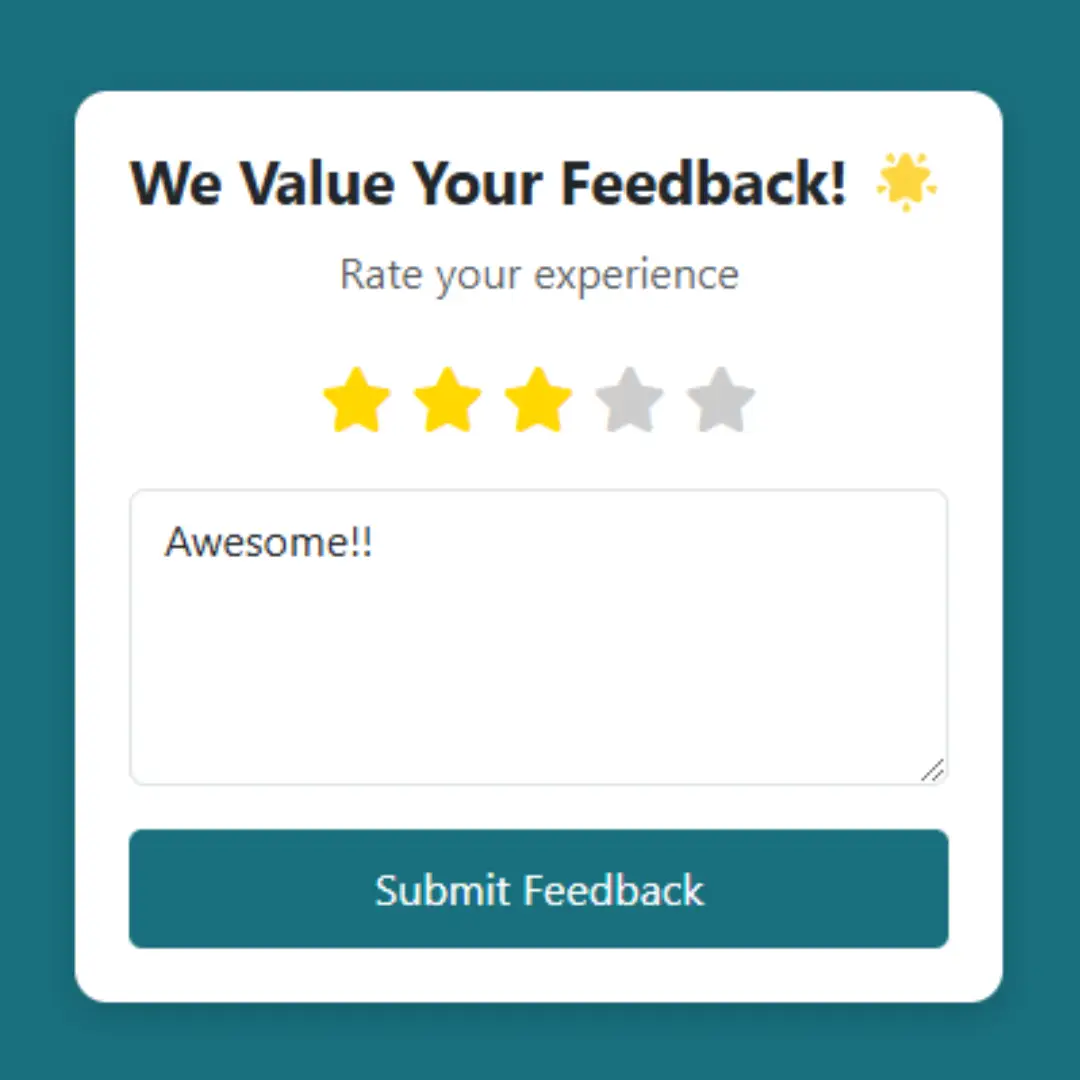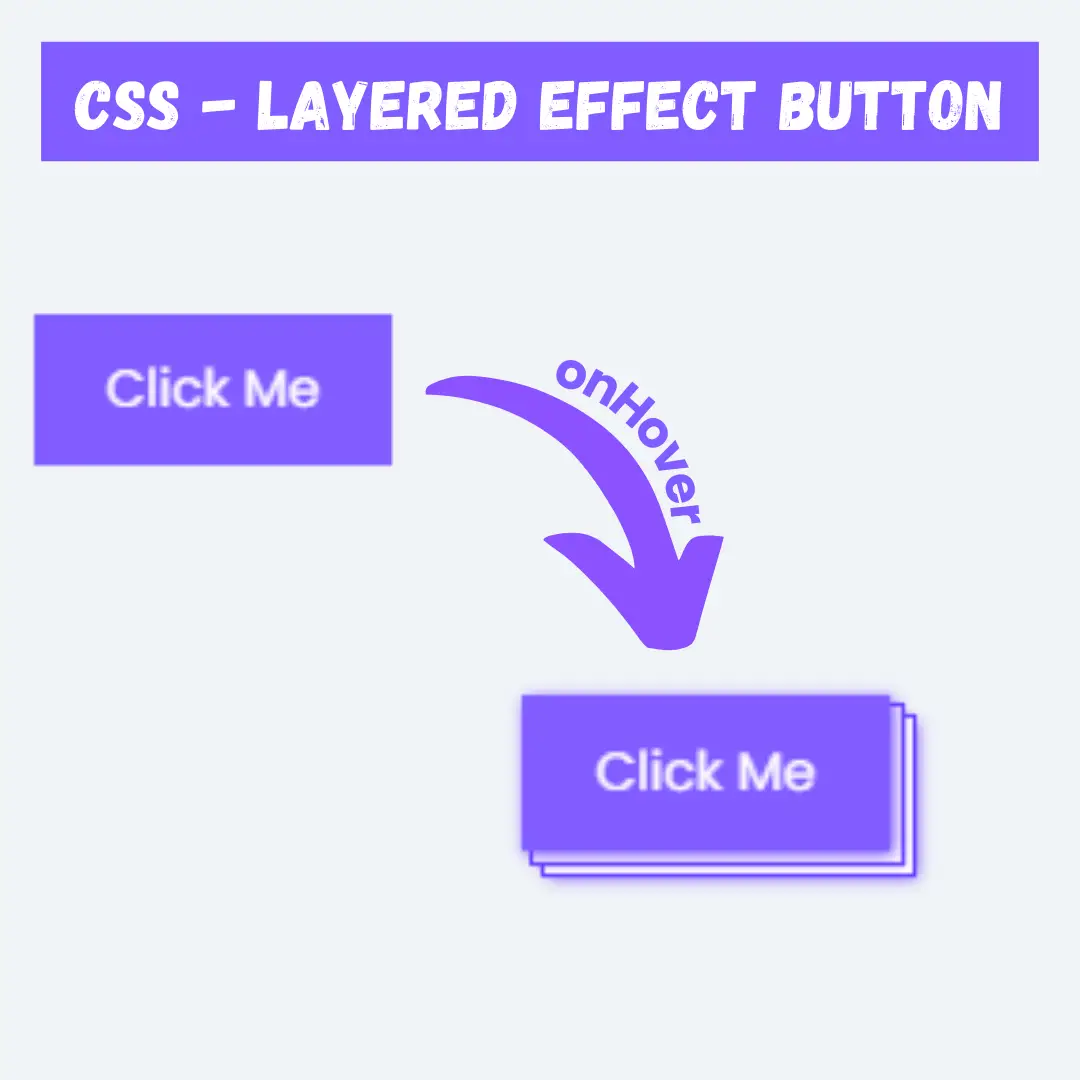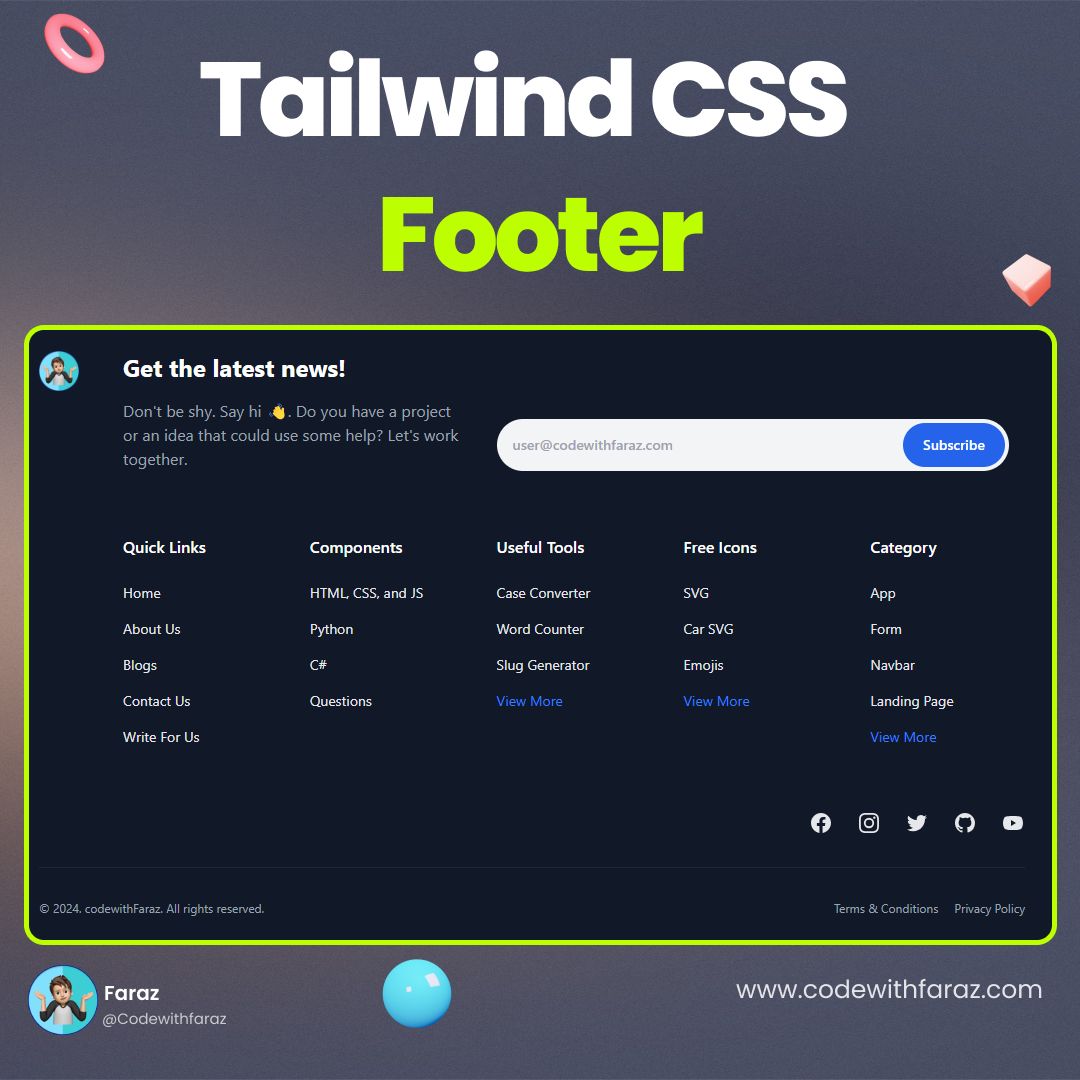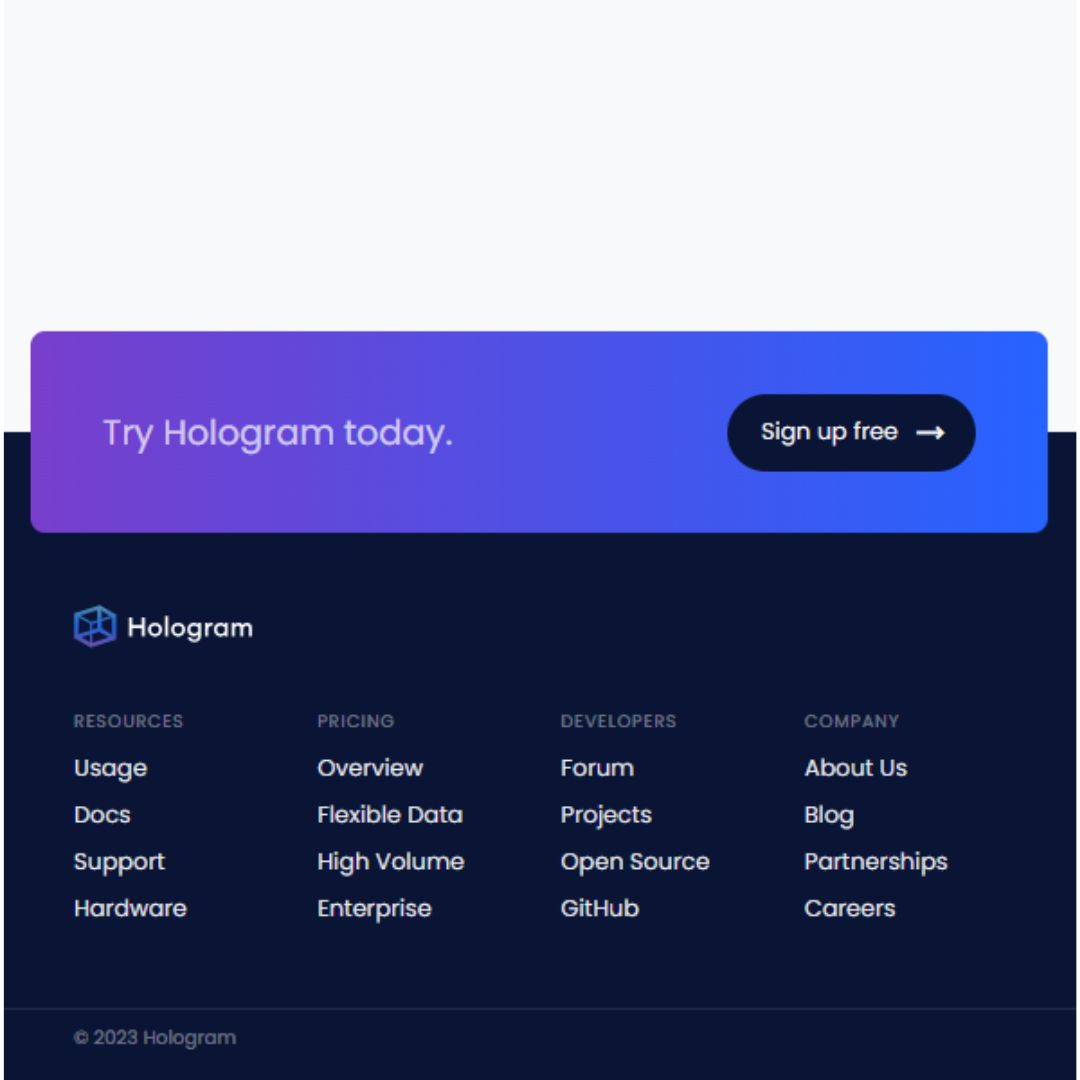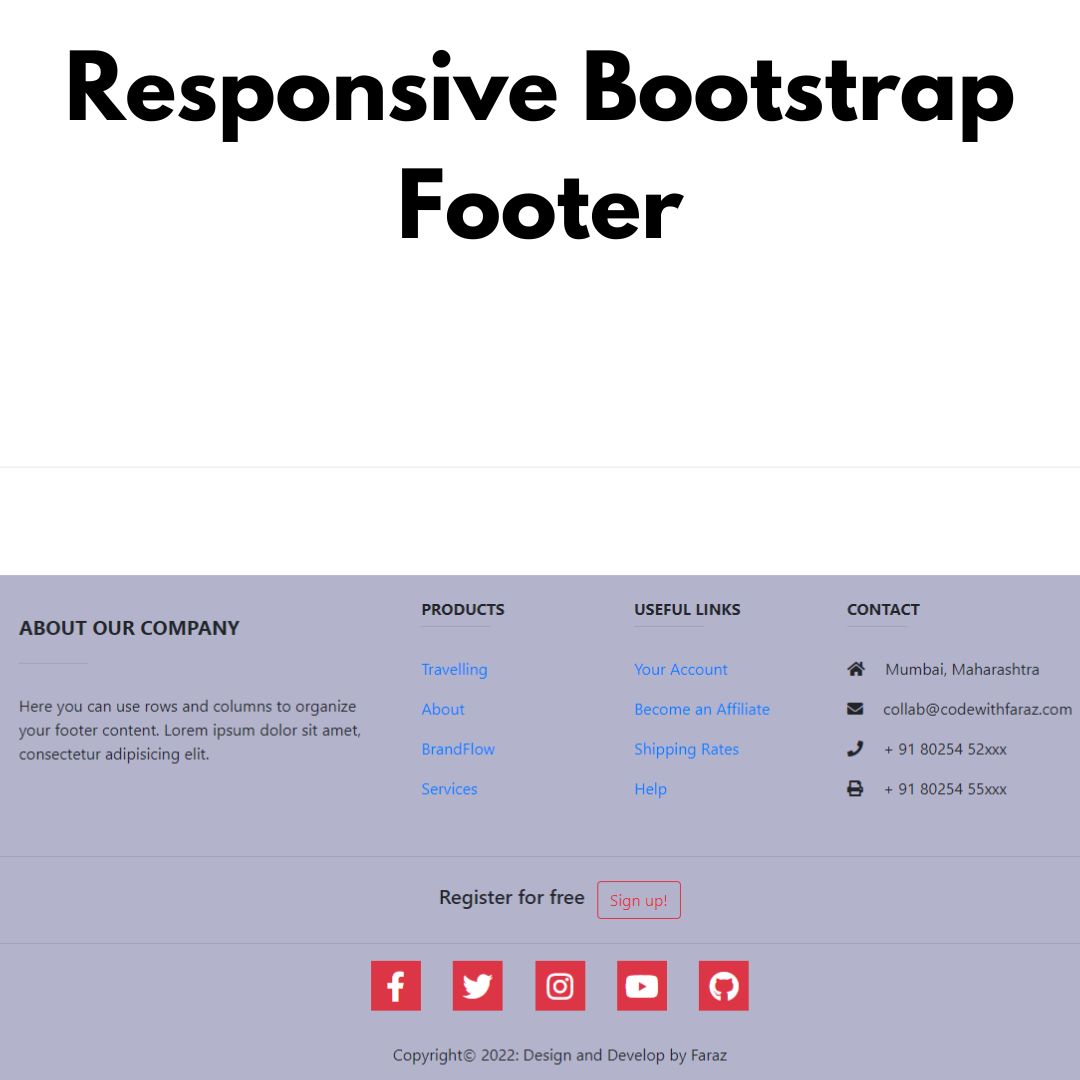MongoDB was designed as a database that would help companies store and manage large amounts of data. It's meant to be easy to get into and learn how it works, but also powerful and scalable. In this article, you'll learn about the benefits of MongoDB and why it may be a good choice for your company.

MongoDB is a document-oriented database management system (DBMS) that is commonly used in web applications and software development. It offers features that make it stand out from other DBMSs, such as scalability, high availability, and configurability. MongoDB is also known for its usage in mobile apps and IoT devices.
If you are looking to use a DBMS in your next project and you are not familiar with MongoDB, this article is for you! We will go over what MongoDB is, what it can do, and why you may want to consider using it.
What is MongoDB?
MongoDB is a powerful, scalable document-oriented database. It is free and open source software released under the GNU General Public License. MongoDB uses a BSON (Binary JSON) data model which makes it well suited for CRUD operations, including read, write, update, and delete. MongoDB also has an index-based search feature that makes it easy to find data.
It offers a number of features that make it an interesting choice for application developers. Here are five of the most important:
- Scalability: MongoDB can handle large volumes of data with ease, making it a great choice for applications that need to store large amounts of data.
- Flexibility: MongoDB is designed to be very flexible, allowing you to easily add new features and functionality as needed.
- Efficiency: MongoDB is extremely efficient when it comes to performance, making it a great choice for applications that need to run quickly and don't need maximum capacity.
- Availability: MongoDB is highly available, meaning that it is capable of sustaining high loads without crashing or experiencing other problems.
- Security: MongoDB offers strong security features, including support for both password and encryption authentication modes.
Why Would You Want To Know?
Here are some reasons why you might want to consider using MongoDB:
- MongoDB is easy to use: Unlike many other database systems, MongoDB is very easy to set up and use. You can start using it within minutes without any prior experience.
- MongoDB is fast: MongoDB is a particularly fast database system, meaning that it can handle large amounts of data quickly and efficiently.
- MongoDB is scalable: MongoDB can be scaled up or down depending on your needs. It's also designed to be easily expandable, so you can add more servers as needed.
- MongoDB is secure: MongoDB is extremely secure, meaning that it's difficult for hackers to access your data.
How MongoDB can help your business?
MongoDB is incredibly versatile, able to handle a wide range of use cases. Here are just a few examples:
Building big data solutions: MongoDB is perfect for managing massive amounts of data. It's easy to scale up and maintain, making it an ideal choice for high-traffic applications.
Efficiently managing digital content: MongoDB is great for storing and managing digital content, like articles, images, and videos. You can easily add new data sources and indexes to make searches faster and more efficient.
Running complex ecommerce systems: If you're looking for a DBMS that can handle complex ecommerce systems, MongoDB is a great option. It's fast and efficient, making it perfect for running large stores.
How does MongoDB work?
MongoDB stores data in collections of documents. A document is a collection of fields that can contain any type of data. Documents are stored on servers in a replica set, which means that each server has a copy of the data. When you insert or delete documents, MongoDB updates all the replica sets. This makes sure that your data is always up to date.
MongoDB is easy to use and can be used with many different programming languages. You can also access MongoDB from the cloud with services like Amazon Web Services (AWS) or Microsoft Azure.
Pros and Cons of Using MongoDB
The pros and cons of MongoDB should be considered before making the decision to use it in a project.
Pros of MongoDB:
- scalability: MongoDB can handle large amounts of data with ease. The maximum size that a MongoDB instance can grow to is 128TB.
- flexibility: MongoDB is customizable, which allows for a variety of uses and implementations.
- community support: There is a large community of developers who are available to help with questions and issues.
- cost: MongoDB is not free, but it does have some inexpensive options.
- learning curve: It may take some time to get accustomed to the unique features of MongoDB.
Where To Get It?
MongoDB is a popular open source database that can be used to power applications and websites. Whether you’re looking for an affordable option for your small business or a robust platform for larger projects, MongoDB has something for you. Here are three ways to get started with MongoDB:
- Download the official version of MongoDB from www.mongodb.org
- Download a pre-built version of MongoDB from www.mongodb.com/download
- Use a third-party cloud service such as Amazon Web Services, Microsoft Azure, or Rackspace Cloud
Conclusion
I hope this article on MongoDB has given you a better understanding of what the database is and how it works. If you're looking for an open source document-oriented database that can handle high volumes, then I recommend giving MongoDB a try.
That’s a wrap!
Thank you for taking the time to read this article! I hope you found it informative and enjoyable. If you did, please consider sharing it with your friends and followers. Your support helps me continue creating content like this.
Stay updated with our latest content by signing up for our email newsletter! Be the first to know about new articles and exciting updates directly in your inbox. Don't miss out—subscribe today!
If you'd like to support my work directly, you can buy me a coffee . Your generosity is greatly appreciated and helps me keep bringing you high-quality articles.
Thanks!
Faraz 😊






